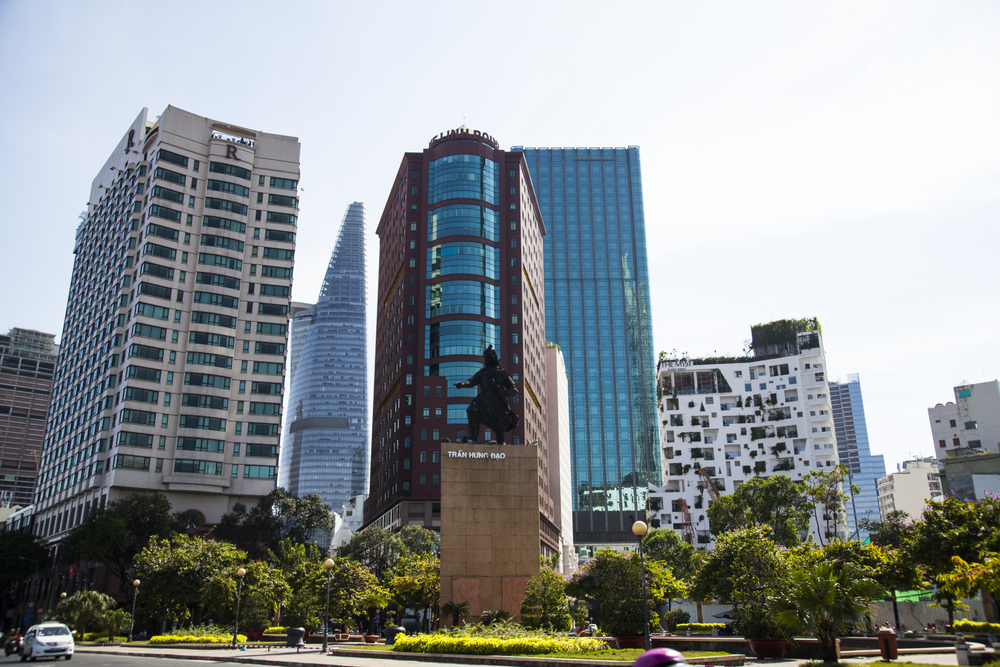Credit tightening a bane to luxury Vietnam market: experts
New regulations unnecessary, if not harmful, for upscale property segment

Vietnamese market observers are pushing back against government plans to unleash curbs on the luxury residential segment, VNS reports.
The credit risk ratio for loans on homes priced from VND3 billion (USD126,000) will be set at 150 percent in efforts to ensure sustainable growth in real estate and discourage speculation, the State Bank of Vietnam recently announced in a draft circular.
The measure is unnecessary, if not deleterious to the high-end segment, warned Nguyen Van Dinh, deputy general secretary of the Vietnam Real Estate Association.
Long-term implementation of such a credit tightening measure will seriously affect the development of the high-end segment even as infrastructure and living standards improve in Vietnam, Dinh added.
By increasing lending rates, the new policy will negatively affect liquidity in the luxury home segment, according to financial and banking expert Nguyen Tri Hieu.
More: Thundering Vietnamese economy electrifies property seekers
While the policy can spur growth in the mid-range housing segment, its growth must not come at the expense of the luxury segment, a strong draw for foreign buyers, said Dinh.
For Nguyen Anh Tuan, deputy chairman of development firm HD Mon Holdings, such a credit tightening measure would come as a “shock” to the real estate market, VNS noted.
Rather than introduce the measure, the central bank should consider evaluating buyers on a case-by-case basis, Tuan suggested.
The state bank could also consider tightening credit for land purchases instead of homes, the Vietnam Real Estate Association proposed.
Still, the central bank’s regulations will benefit the market in the long run, insisted economist Vo Tri Thanh. “Don’t rush to conclude that tightening credit will negatively affect the real estate market. Monetary policy could ensure a healthier development for the market. If there is no strict control, it might lead to bubble burst which would affect the entire economy.”
Recommended
Why everyone is moving to Selangor and Johor: Malaysia’s real estate comeback
Malaysia’s upturn in fortunes is especially prevalent in secondary destinations such as Selangor and Johor
Penang’s silicon boom: How the US-China tech war is supercharging local real estate
Penang’s booming semiconductor industry has created ripples within the local real estate sector
New leader, new opportunities: How Hun Manet is shaking up Cambodia’s real estate game
Hun Manet is overseeing decent economic growth and widening access to the country’s real estate market for foreigners
Singapore embraces inclusive housing reforms amid resilient demand
The Lion City’s regulatory strength continues to exert appeal for international investors








